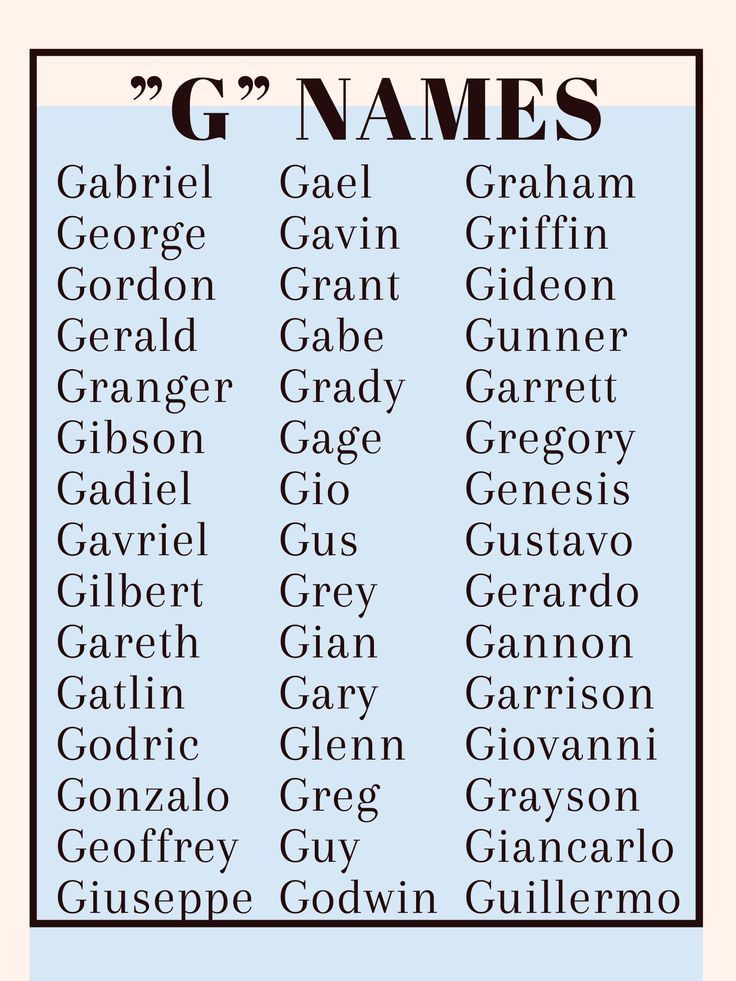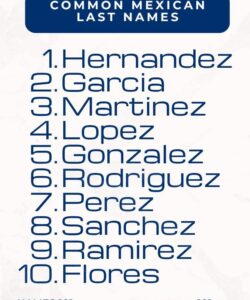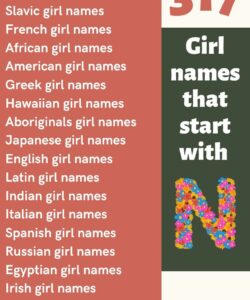There’s something uniquely fascinating about last names, isn’t there? Each one carries a whisper of history, a hint of ancient occupations, or a clue about where our ancestors once called home. They are more than just labels; they are miniature stories passed down through generations, connecting us to a rich tapestry of human experience. When we delve into a specific letter, like ‘G’, a whole new world of etymology and heritage unfolds, revealing diverse origins from across the globe.
The collection of surnames beginning with ‘G’ is incredibly varied, encompassing everything from common European appellations to less frequently encountered names with equally compelling backstories. These names can hail from Old German words, describe a green landscape, signify a powerful clan, or denote an ancestor’s profession. Exploring them offers a unique glimpse into linguistics, social history, and the journeys of countless families over centuries.
Whether you’re researching your own family tree, looking for inspiration for a fictional character, or simply curious about the origins of common monikers, the realm of last names that start with G provides a treasure trove of information. Let’s take a closer look at some notable examples and uncover the intriguing stories behind these fascinating surnames.
Discovering Fascinating Last Names Beginning with G
-
Garcia
Garcia is an incredibly common surname, particularly prominent in Spain and throughout Latin America, consistently ranking as one of the most widespread names. Its exact etymology is a subject of scholarly debate, but it is widely believed to be of Basque origin, possibly deriving from a word meaning “bear” or “young.”

The name’s prevalence speaks to a deep historical root, spreading across the Iberian Peninsula during the Reconquista and later expanding globally through Spanish colonization. Today, it remains a powerful identifier, linking millions of people to a shared linguistic and cultural heritage spanning continents.
-
Gallagher
Hailing from Ireland, Gallagher is an anglicized form of the Gaelic “Ó Gallchobhair,” which translates to “descendant of Gallchobhar.” The personal name Gallchobhar itself means “foreign helper” or “foreign valor,” suggesting a historical connection to a respected individual or perhaps a Viking influence in early Irish history.
This surname is strongly associated with County Donegal, where the Clan Ó Gallchobhair were chieftains. Its enduring presence reflects the resilience and widespread emigration of the Irish people, carrying their distinctive surnames to every corner of the world.
-
Green
Green is a quintessential English surname with a wonderfully clear and descriptive origin. It typically falls into the category of a topographic surname, meaning it was given to someone who lived near a village green, a grassy area, or in a place that was notably green or verdant.
Alternatively, it could have been a descriptive nickname for a person who favored the color green in their clothing, or perhaps a person who was “green” in the sense of being young or inexperienced. Its simplicity and connection to nature have ensured its enduring popularity across English-speaking nations.
-
Graham
Graham is a distinguished surname of Scottish and English origin, deriving from a place name. It comes from Grantham in Lincolnshire, England, which means “gravel homestead.” The name was brought to Scotland in the 12th century by a Norman knight, William de Graham, who was granted lands near Edinburgh.
Over centuries, the Graham clan became a powerful and influential family in Scotland, known for their military prowess and contributions to Scottish history. The name evokes images of Scottish castles and ancient landscapes, carrying a strong sense of heritage.
-
Gordon
Gordon is another prominent Scottish surname, also originating from a place name. It comes from the lands of Gordon in Berwickshire, Scotland, which is believed to derive from a Brythonic word meaning “great fort” or “spacious fort.”
The Gordon clan grew to be one of the most powerful in the Scottish Highlands, with a rich history of military service and political influence. Like many Scottish surnames, it has traveled far beyond its original homeland, carried by emigrants who sought new lives while retaining their ancestral ties.
-
Gibson
Gibson is a classic patronymic surname, common in both England and Scotland. It literally means “son of Gib.” “Gib” itself is a medieval diminutive of the given name Gilbert, which is of Germanic origin, meaning “bright pledge” or “noble pledge.”
This name provides a clear example of how many surnames evolved from simply identifying a person by their father’s name. It reflects a time when communities were smaller and such simple distinctions were sufficient for identification, building a lineage that continues today.
-
Gardner
Gardner is an occupational surname of English origin, meaning exactly what it suggests: “a gardener” or “one who tends a garden.” It comes from the Old French word “jardinier” and the Old English “gardinere,” both referring to a person whose livelihood involved cultivating plants and flowers.
This name offers a tangible link to medieval society and the vital roles people played in their communities, providing food and maintaining landscapes. It’s a testament to the common practice of identifying individuals by their trade, a practice that shaped many of our modern surnames.
-
Grant
The surname Grant is of both Scottish and English origin, deriving from a nickname. It comes from the Old French word “grand,” meaning “tall” or “large.” It would have been given to a person of imposing stature or significant physical presence.
In Scotland, the Clan Grant became a powerful family in the Highlands, known for their fierce independence and loyalty. The name therefore carries connotations of strength and leadership, reflecting the physical attributes that once distinguished an individual within their community.
-
Gomez
Gomez is a widely recognized surname throughout the Hispanic world, particularly in Spain and Portugal, and by extension, Latin America. It is a patronymic surname, meaning “son of Gome.” The personal name Gome is of Visigothic origin, possibly derived from “guma,” meaning “man.”
Like many Iberian surnames, Gomez has a deep history rooted in the medieval kingdoms of the peninsula. Its vast distribution today speaks to the extensive reach of Spanish and Portuguese cultural influence, creating a global network of individuals sharing this ancient name.
-
Goldberg
Goldberg is a surname predominantly associated with Ashkenazi Jewish communities, although it also has German roots. It is typically a toponymic or occupational name, meaning “gold mountain” or “gold hill.” This could refer to someone from a place called Goldberg or someone who worked with gold, perhaps as a goldsmith or a miner.
The name reflects the historical experiences and geographical movements of Jewish communities in Eastern and Central Europe. It carries a sense of heritage and a connection to the economic activities and landscapes that shaped the lives of ancestors.
-
Gupta
Gupta is a prominent Indian surname, widely used across various communities and regions in India. It is derived from the Sanskrit word “goptṛ,” meaning “protector” or “governor.” Historically, it was a title for people in administrative or protective roles, and later became a common surname.
The name gained significant prominence with the ancient Gupta Empire, a golden age of Indian history renowned for its advancements in science, art, and philosophy. Today, it remains a respectful and widespread name, reflecting a rich cultural and intellectual legacy.
The journey through various last names that start with g truly highlights the incredible diversity and richness embedded within our personal identifiers. Each name, whether it speaks of a profession, a geographical location, a physical trait, or a revered ancestor, serves as a mini-archive of human history, culture, and migration. From the bustling streets of ancient towns to the vast expanses of continents, these surnames have traveled, evolved, and connected generations.
Understanding the origins of these names offers more than just genealogical insight; it provides a deeper appreciation for the intricate ways in which language, history, and community intertwine. They remind us that while we live in a modern world, a part of our identity is always rooted in the echoes of the past, in the stories and the people who came before us, leaving their mark in the form of a surname.



